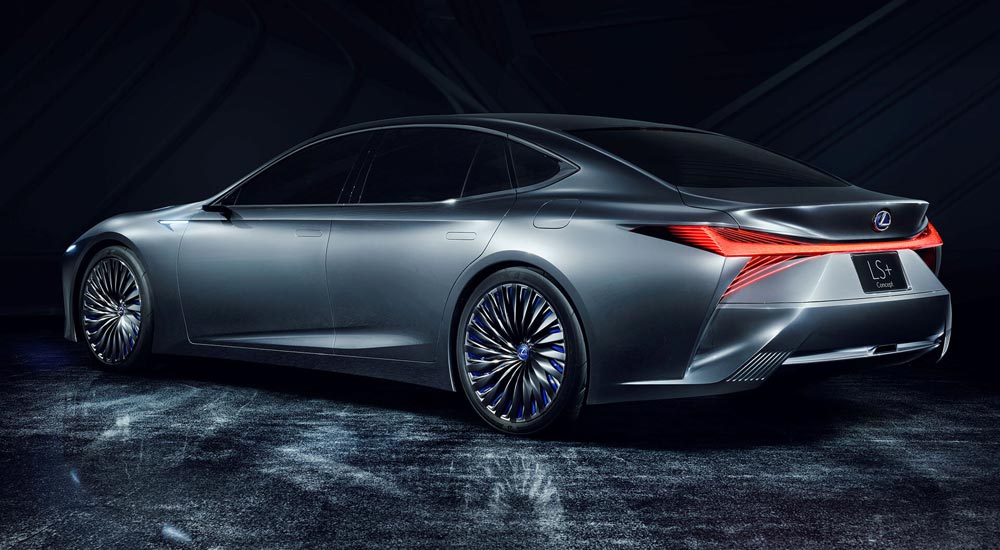Lexus will release its first self-driving vehicle next year as part of a massive technology initiative by parent company Toyota, but there’s a one catch — the technology will only work for highway driving.
Toyota has more than one advanced prototype of the 2020 vehicle. A modified Lexus LS sedan is the mobile laboratory. Kuffner said the 2020 vehicle will also be a Lexus.
That is partly a function of cost. The car will need hardware and software not yet in production, Kuffner said. The array of advanced cameras, lidars and radars won’t be cheap.
“This is our first automated vehicle,” said Ken Koibuchi, TRI-AD’s (Toyota Research Institute: Advanced Development) chief technical officer. “It has very high-performance computing and very rich sensors. So, it means very expensive. To deploy in middle-class vehicles, we have to reduce costs dramatically.”
Considering the LS has been the test vehicle for the entire development cycle, it feels safe to assume it will be the debut platform for the “Highway Teammate” technology. This would be a major score for the Lexus flagship sedan, which has seen its star dip as the overall market shifts to crossovers and SUVs.
In all likelihood, the Lexus automated vehicle will debut at the 2020 Summer Olympics in Tokyo, where Toyota is the title sponsor. It’s also expected that the first Toyota Battery Electric Vehicle (BEV) and first Lexus fuel-cell vehicle will feature during the summer games.


Comments